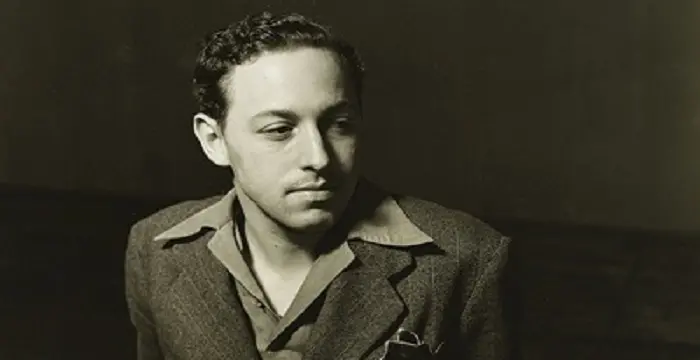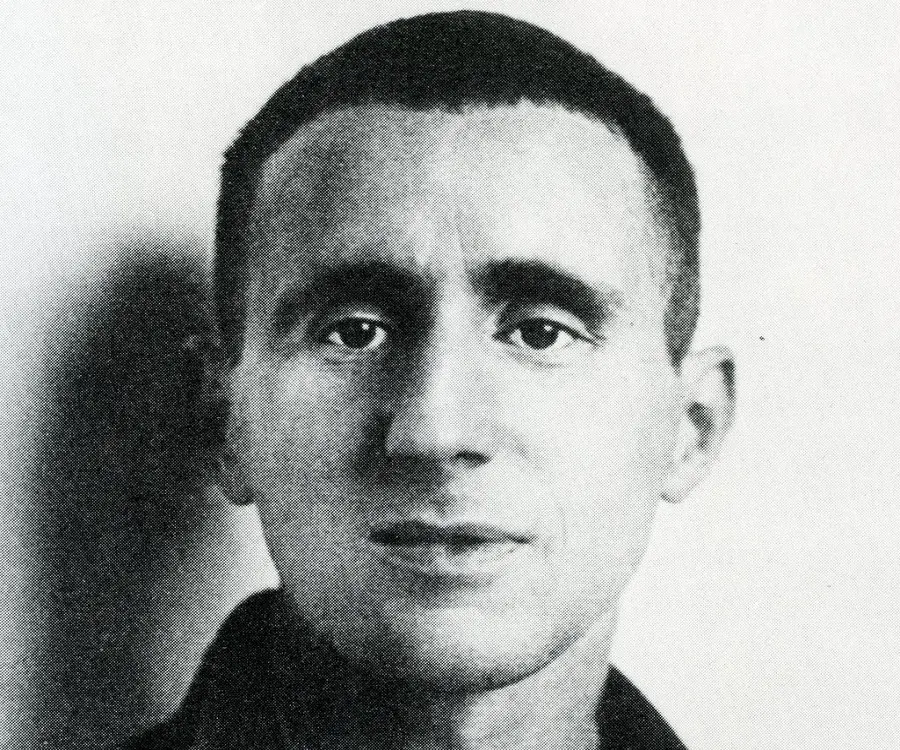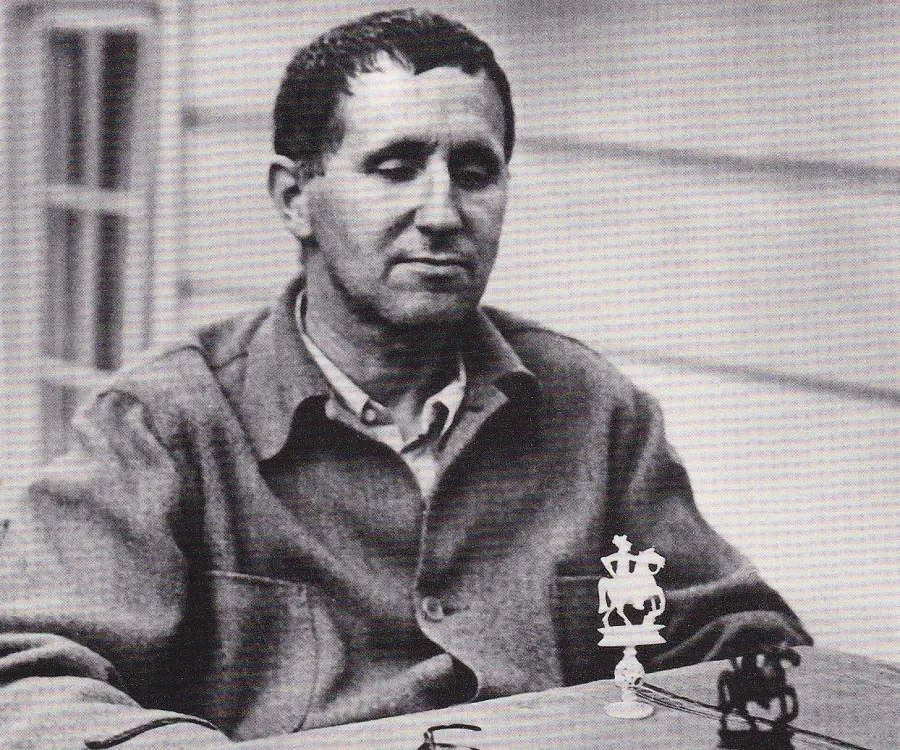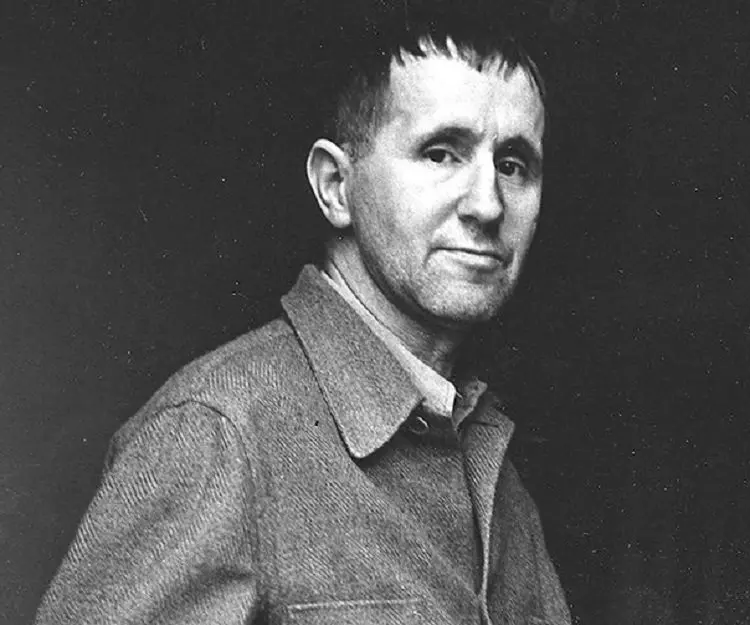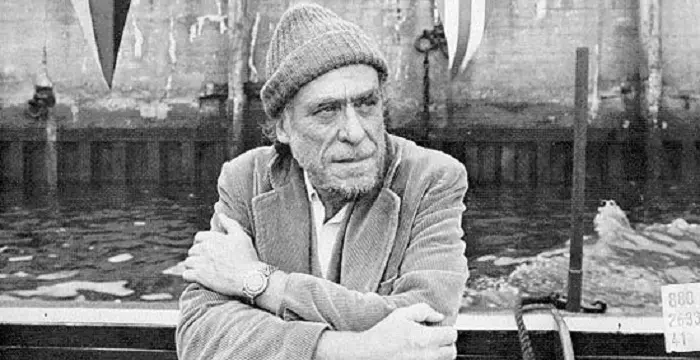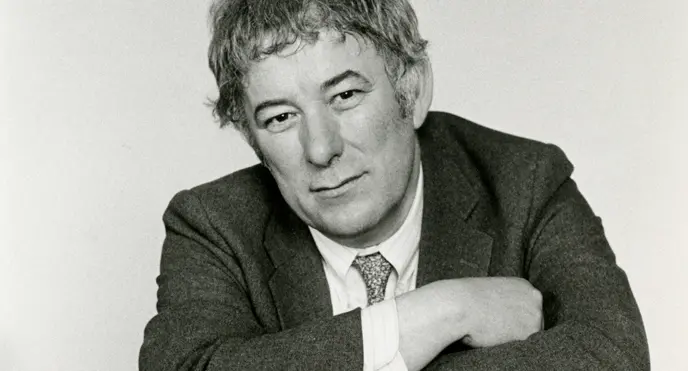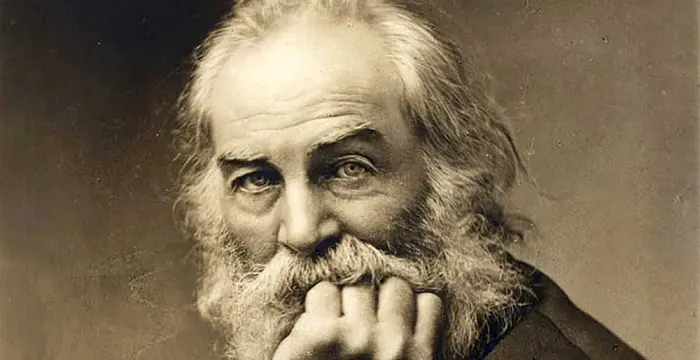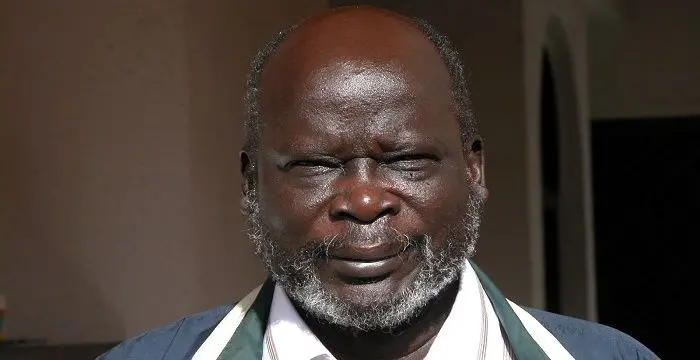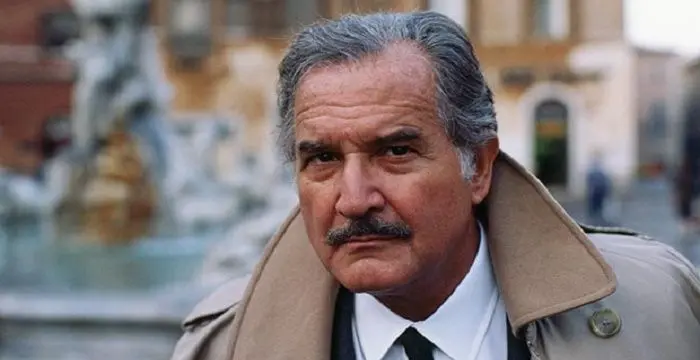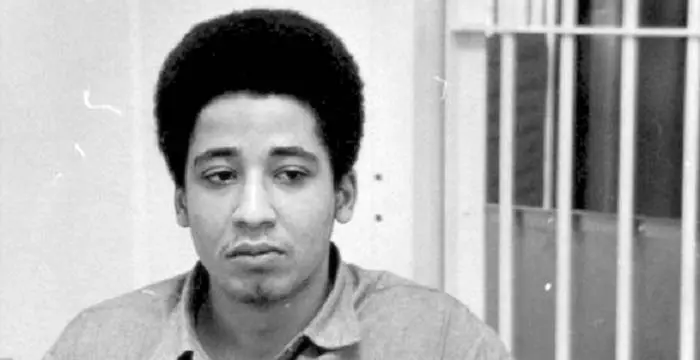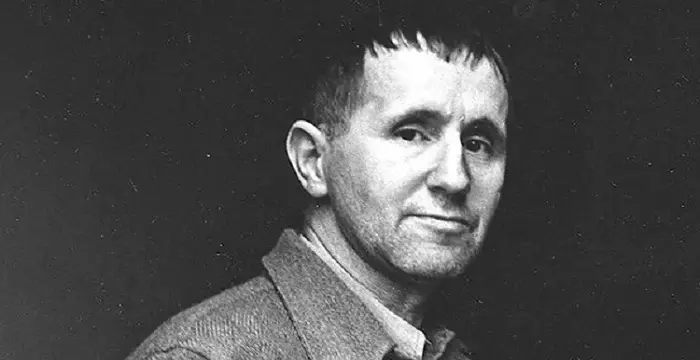
Bertolt Brecht - Poets, Life Achievements and Family
Bertolt Brecht's Personal Details
Bertolt Brecht was a German poet, playwright and theatre personality
| Information | Detail |
|---|---|
| Birthday | February 10, 1898 |
| Died on | August 14, 1956 |
| Nationality | German |
| Famous | Marxists, Writers, Poets |
| Ideologies | Marxists |
| Spouses | Helene Weigel (1930–56), Marianne Zoff (1922–27) |
| Childrens | Barbara Brecht-Schall (de), Frank Banholzer (1919–43), Hanne Hiob (1923–2009), Stefan Brecht (1924–2009) |
| Universities |
|
| Birth Place | Augsburg, German Empire |
| Gender | Male |
| Sun Sign | Aquarius |
| Born in | Augsburg, German Empire |
| Famous as | Poet |
| Died at Age | 58 |
// Famous Writers
Joyce Meyer
Joyce Meyer is a Christian author and speaker. This biography provides detailed information about her childhood, life, achievements, works & timeline
Temple Grandin
Temple Grandin is a well-known American writer, autistic activist and animal expert. This biography profiles her childhood, life, achievements, career and timeline
Tennessee Williams
Tennessee Williams was one of the greatest playwrights of the 20th century. This biography of Tennessee Williams provides detailed information about his childhood, life, achievements, works and timeline.
Bertolt Brecht's photo
Who is Bertolt Brecht?
Bertolt Brecht, born as Eugen Berthold Friedrich Brecht, was a German poet, playwright and theatre practitioner. He was a visionary who departed from the accepted conventional norms of illusion in theatrical production and tried new approaches to develop a better understanding of drama. He insisted that the audience view the stage and actors from a realistic and rational perspective and not as the conventional “make-believe” world. He was just 16 when the World War I started – he became increasingly disillusioned with the society and started moving towards Marxism and Dadaism. Even though he had studied medicine in university, he developed a profound interest in literature. He wrote his first play ‘Baal’ in 1918 which was theatrically produced in 1923. His meeting with the novelist and playwright Lion Feuchtwanger in 1919 proved to be a turning point in his career. He worked with him on an adaptation of Christopher Marlowe’s play Edward II, which greatly inspired his theatrical and dramaturgical development. He was a part of Erwin Piscator’s first company which was dedicated to the development of its "epic, political, confrontational, documentary theatre." He also collaborated with Kurt Weill and was influenced by Chinese theatre. He, along with his wife, founded the theatre company ‘Berliner Ensemble’ during the post war years.
// Famous Poets
Charles Bukowski
Charles Bukowski was a German-born American novelist, short story writer and poet. With this biography, learn in details about his childhood, life, works, career and timeline
Seamus Heaney
Nobel Laureate Seamus Heaney was an Irish poet, playwright and translator. Know about his profile, childhood, life and timeline in the biography below.
Walt Whitman
Walt Whitman was an American poet, journalist and humanist. Read this brief biography to find more on his life & timeline.
Childhood & Early Life
Bertolt Brecht was born in Germany to a protestant mother and a catholic father. His father worked in a paper mill and his mother was a religious woman who ensured that he learned the bible.
He met Caspar Neher in school who later designed many of the sets for Brecht’s dramas and helped design a distinctive visual iconography that would uniquely identify the epic theatre.
The World War I broke out when he was just 16. He studied medicine at Munich University and served as a medical orderly in a military hospital in 1918.
Career
He wrote his first play ‘Baal’ in 1918. It was the story of an aimless youth involved in several affairs. The play was theatrically produced in 1923.
‘Drums in the Night’ was the second play he wrote, but it was his first play to receive a theatrical production. It was written between 1918 and 1920, and produced in 1922.
In 1923, he wrote the script for a comic, slapstick film ‘Mysteries of a Barbershop.’ It was not successful during its time, but later on came to be regarded as one of the most important films in German film history.
His play ‘Man Equals Man’, produced in 1926, explored the themes of war, and human identity. The musical, ‘The Threepenny Opera’ was premiered under collaboration between Brecht, Kurt weill and Caspar Neher in 1928.
In 1930, his play ‘Rise and Fall of the City of Mahagonny’, a political satire opera, composed by Kurt Weill, was performed. In the year 1932, Brecht wrote the script for ‘Kuhle Wampe’, a German film dealing with issues of unemployment and left wing politics.
He wrote the play ‘Life of Galileo’ between 1937 and 1939, but it could not be theatrically produced till the middle of 1940’s. It was a historical drama concerning the later years of the Italian philosopher and scientist, Galileo Galilei.
In 1943, he wrote the script for his only Hollywood film, ‘Hangmen Also Die!’ The story was loosely based on the killing of Reinhard Heydrich, also known as ‘The Hangman of Prague.’
The play ‘The Caucasian Chalk Circle’ was written by him in 1944 and premiered in 1948. The story deals with a peasant girl who rescues a baby and brings it up as her own and proves to be a better mother than the child’s natural mother.
At the time of his death in 1956, he left behind several unfinished plays and also plays that had been completed but had not yet been produced.
Major Works
‘The Threepenny Opera’, a musical that premiered in 1928 had been translated into 18 languages and performed more than 10,000 times across European by 1933.
The historical drama, ‘Life of Galileo’ dealt with the latter period of the life of the great Italian philosopher Galileo Galilei who was persecuted by the Roman Catholic Church.
The play ‘Mother Courage and Her Children’ which Brecht co-wrote with Margarete Steffin in 1939 is considered by some to be the greatest play of the 20th century. The play was also filmed several years after his death.
‘The Caucasian Chalk Circle’ is a play he wrote in 1944 while he was in the U.S. It tells the story of a child who is rescued and brought up by a peasant girl. This play is considered as one of his most important works.
Awards & Achievements
He was awarded the prestigious Kleist Prize in 1922 for his first three plays ‘Baal’, ‘Drums in the Night’, and ‘In the Jungle.’
He was posthumously awarded the Drama Desk Award for Outstanding Lyrics in 1970 for ‘Rise and Fall of the City of Mahagonny.’
Personal Life & Legacy
As a young man he was in a relationship with Paula Banholzer and had a son with her. He married actress and singer Marianne Zoff in 1922 and divorced her in 1927. They had one daughter together.
In 1930, he married Helene Weigel, a German actress. They remained married till his death. They had two children.
Brecht died of a heart attack in 1956 at the age of 58.
Trivia
He was a committed Marxist throughout his life.
He coined the German term ‘Verfremdungseffekt’ which means “estrangement effect.”
The character Kaspar Prockl in Lion Feuchtwanger’s 1930 novel ‘Success’ is based on him.
// Famous Marxists
John Garang
John Garang is a Sudanese politician, who founded and led the 'Sudan People's Liberation Army' in the ‘Second Civil War’. Read on for detailed information about his childhood, profile, career and timeline
Carlos Fuentes
Carlos Fuentes was a Mexican novelist, diplomat and scholar who was an important influence on the Latin American Boom Movement. This biography of Carlos Fuentes provides detailed information about his childhood, life, achievements, works & timeline.
George Jackson
George Jackson was an African-American revolutionary, left-wing activist and Marxist. This biography provides detailed information about his childhood, life, activities and timeline.
Bertolt Brecht biography timelines
- // 1918 To 1923He wrote his first play ‘Baal’ in 1918. It was the story of an aimless youth involved in several affairs. The play was theatrically produced in 1923.
- // 1918 To 1922‘Drums in the Night’ was the second play he wrote, but it was his first play to receive a theatrical production. It was written between 1918 and 1920, and produced in 1922.
- // 1922He was awarded the prestigious Kleist Prize in 1922 for his first three plays ‘Baal’, ‘Drums in the Night’, and ‘In the Jungle.’
- // 1922 To 1927As a young man he was in a relationship with Paula Banholzer and had a son with her. He married actress and singer Marianne Zoff in 1922 and divorced her in 1927. They had one daughter together.
- // 1923In 1923, he wrote the script for a comic, slapstick film ‘Mysteries of a Barbershop.’ It was not successful during its time, but later on came to be regarded as one of the most important films in German film history.
- // 1926 To 1928His play ‘Man Equals Man’, produced in 1926, explored the themes of war, and human identity. The musical, ‘The Threepenny Opera’ was premiered under collaboration between Brecht, Kurt weill and Caspar Neher in 1928.
- // 1928‘The Threepenny Opera’, a musical that premiered in 1928 had been translated into 18 languages and performed more than 10,000 times across European by 1933.
- // 1930 To 1932In 1930, his play ‘Rise and Fall of the City of Mahagonny’, a political satire opera, composed by Kurt Weill, was performed. In the year 1932, Brecht wrote the script for ‘Kuhle Wampe’, a German film dealing with issues of unemployment and left wing politics.
- // 1930In 1930, he married Helene Weigel, a German actress. They remained married till his death. They had two children.
- // 1930The character Kaspar Prockl in Lion Feuchtwanger’s 1930 novel ‘Success’ is based on him.
- // 1937 To 1939He wrote the play ‘Life of Galileo’ between 1937 and 1939, but it could not be theatrically produced till the middle of 1940’s. It was a historical drama concerning the later years of the Italian philosopher and scientist, Galileo Galilei.
- // 1939The play ‘Mother Courage and Her Children’ which Brecht co-wrote with Margarete Steffin in 1939 is considered by some to be the greatest play of the 20th century. The play was also filmed several years after his death.
- // 1943In 1943, he wrote the script for his only Hollywood film, ‘Hangmen Also Die!’ The story was loosely based on the killing of Reinhard Heydrich, also known as ‘The Hangman of Prague.’
- // 1944 To 1948The play ‘The Caucasian Chalk Circle’ was written by him in 1944 and premiered in 1948. The story deals with a peasant girl who rescues a baby and brings it up as her own and proves to be a better mother than the child’s natural mother.
- // 1944‘The Caucasian Chalk Circle’ is a play he wrote in 1944 while he was in the U.S. It tells the story of a child who is rescued and brought up by a peasant girl. This play is considered as one of his most important works.
- // 1956At the time of his death in 1956, he left behind several unfinished plays and also plays that had been completed but had not yet been produced.
- // 1970He was posthumously awarded the Drama Desk Award for Outstanding Lyrics in 1970 for ‘Rise and Fall of the City of Mahagonny.’
// Famous Aquarius Celebrities peoples
Jessii Vee
Check out all that you wanted to know about Jessii Vee, the famous Canadian Vlogger & YouTube Personality; her birthday, her family and personal life, her boyfriends, fun trivia facts and more.
Luara Fonseca
Luara Fonseca, known on the web as “luaraff,” is a musical.ly star. Check out this biography to know about her childhood, family life, achievements and fun facts about her.
Shane Blanchard
Shane Blanchard is an American TV actor. Let’s take a look at his family and personal life including age, birthday, net worth, family life and some fun facts.
Nora Fatehi
Nora Fatehi is a dancer, model, and actress of Indo–Arabic descent. This biography profiles her childhood, family, personal life, etc.
Soni Nicole Bringas
Soni Nicole Bringas is an American dancer and actress. Let’s have a look at her family and personal life including age. Date of birth, boyfriends, net worth, and fun facts.
Davis Cleveland
Davis Cleveland is an American actor. Let’s have a look at his family & personal life including age, net worth, and fun facts.
Bertolt Brecht's FAQ
What is Bertolt Brecht birthday?
Bertolt Brecht was born at 1898-02-10
When was Bertolt Brecht died?
Bertolt Brecht was died at 1956-08-14
Where was Bertolt Brecht died?
Bertolt Brecht was died in East Berlin, East Germany
Which age was Bertolt Brecht died?
Bertolt Brecht was died at age 58
Where is Bertolt Brecht's birth place?
Bertolt Brecht was born in Augsburg, German Empire
What is Bertolt Brecht nationalities?
Bertolt Brecht's nationalities is German
What is Bertolt Brecht ideologies?
Bertolt Brecht's ideologies is Marxists
Who is Bertolt Brecht spouses?
Bertolt Brecht's spouses is Helene Weigel (1930–56), Marianne Zoff (1922–27)
Who is Bertolt Brecht childrens?
Bertolt Brecht's childrens is Barbara Brecht-Schall (de), Frank Banholzer (1919–43), Hanne Hiob (1923–2009), Stefan Brecht (1924–2009)
What was Bertolt Brecht universities?
Bertolt Brecht studied at Munich University
What is Bertolt Brecht's sun sign?
Bertolt Brecht is Aquarius
How famous is Bertolt Brecht?
Bertolt Brecht is famouse as Poet


